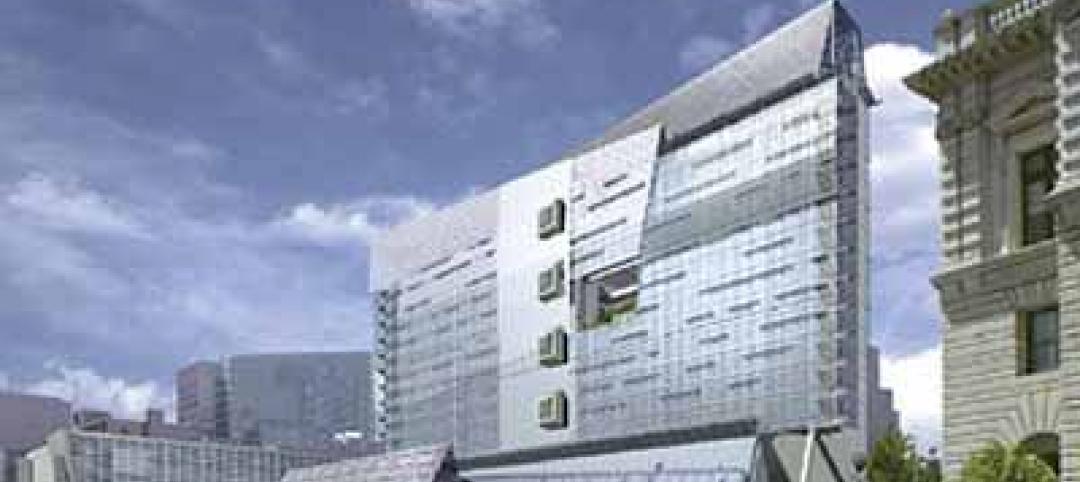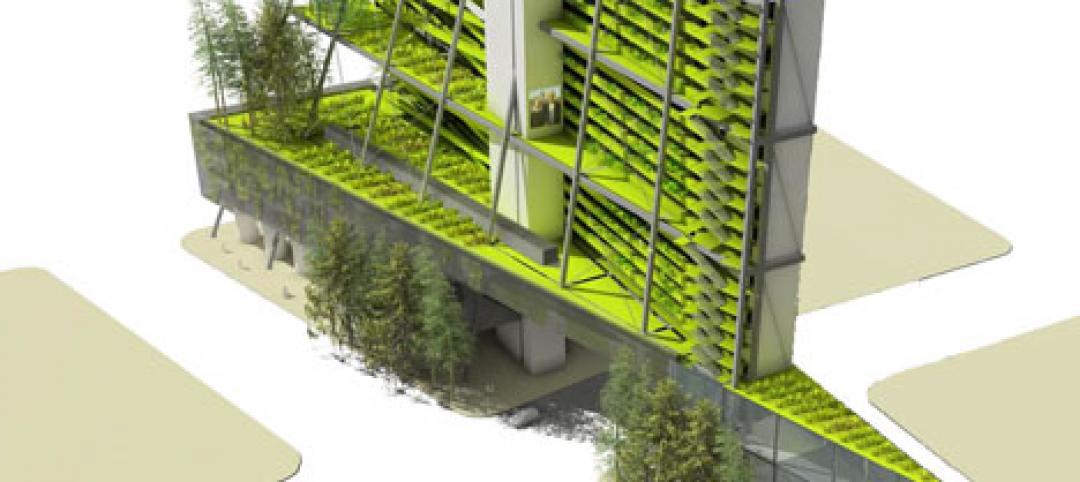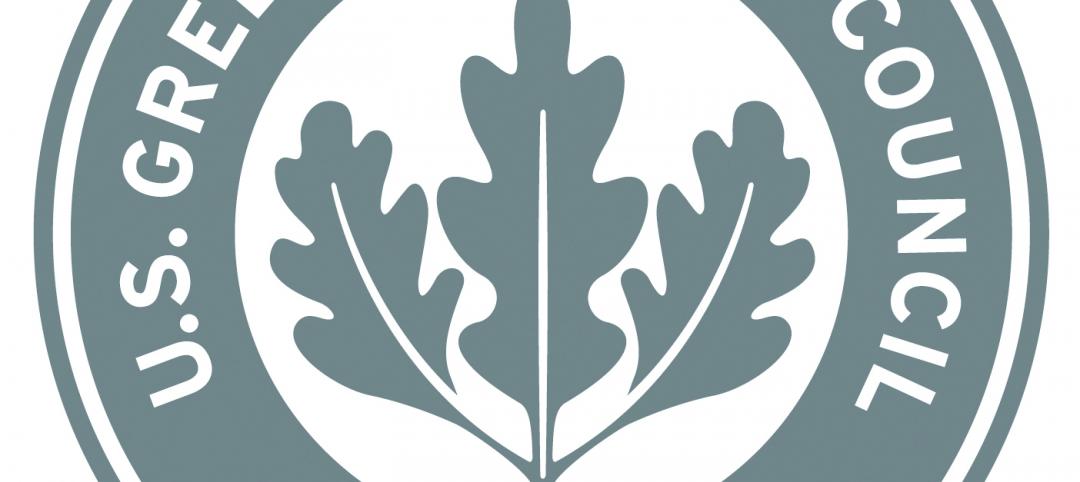The National Institute of Standards and Technology recently submitted a report to Congress outlining steps to improve building functionality after natural disasters.
The report fills a request by Congress for “immediate occupancy (IO)” building codes and performance standards strategies to make more buildings more resilient to a wide variety of hazards. Existing standards and codes focus on reducing the likelihood of significant building damage or collapse, but do not typically address the need to preserve quality of life by keeping buildings habitable and functioning as normally as possible, a NIST official says.
Some of the obstacles to making buildings more functionally resilient after a natural disaster include:
— Convincing communities to invest in IO standards in advance of the event
— Clarifying the costs and benefits
— Influencing and incentivizing private owners to make the necessary investments in their buildings
— Determining special implementation procedures for public buildings since some do not have to comply with local codes
— Dealing with the old structures that tend to house the most at-risk populations
— Determining who is liable for building performance
— Encouraging collaboration in standards development
The report says that “increasing the performance goals for buildings would not be easily achieved, but the advantages may be substantial” and making them a reality “would entail a significant shift in practice for development, construction, and maintenance or retrofit of buildings.”
Related Stories
| May 31, 2012
Natural gas industry opposes federal carbon-neutral construction rule
The natural gas industry and some allies are working to block a federal green building rule that was expected to be a national model for carbon-neutral construction.
| May 31, 2012
Lawsuits push the legal boundaries of green building definition
This article explores some legal issues stemming from lawsuits in which plaintiffs have charged developers with not delivering on a promised level of sustainability.
| May 31, 2012
ANSI approves Green Building Initiative’s design standard
The Green Building Initiative (GBI), a Portland, Ore. nonprofit organization, has had its new consensus-based standard for the design, construction, and operations of environmentally friendly buildings approved by the American National Standards Institute (ANSI).
| May 31, 2012
USGBC testing Minnesota buildings to see if they are living up to LEED standards
The Minnesota chapter of the U.S. Green Building Council (USGBC) has teamed up with EnergyPrint, a St. Paul, Minn. energy consulting firm, to study the energy and water use of more than 150 buildings in the state that have LEED certification.
| May 29, 2012
Reconstruction Awards Entry Information
Download a PDF of the Entry Information at the bottom of this page.
| May 25, 2012
Major retail chains welcome LEED Volume option
Large national chains such as Starbucks, Marriott, Verizon, and Kohl’s are welcoming the LEED Volume Program that enables them to batch certify similar projects.
| May 25, 2012
Alaska’s okay of gravel aggregate with naturally occurring asbestos opens up development
Some long-delayed projects in the Upper Kobuk region of Alaska may now move forward thanks to legislation that allows construction in areas that have naturally occurring asbestos.
| May 25, 2012
Las Vegas building codes may thwart innovative shipping container development
A developer wants to build a commercial development out of steel shipping containers in Las Vegas, but city codes would have to be altered or the project would have to obtain waivers for it to receive the city’s go-ahead.
| May 25, 2012
Collapse of Brooklyn building that killed worker blamed on improperly braced frame
The Occupational Safety and Health Administration cited SP&K Construction with 11 safety violations, for which it could face more than $77,000 in fines.











